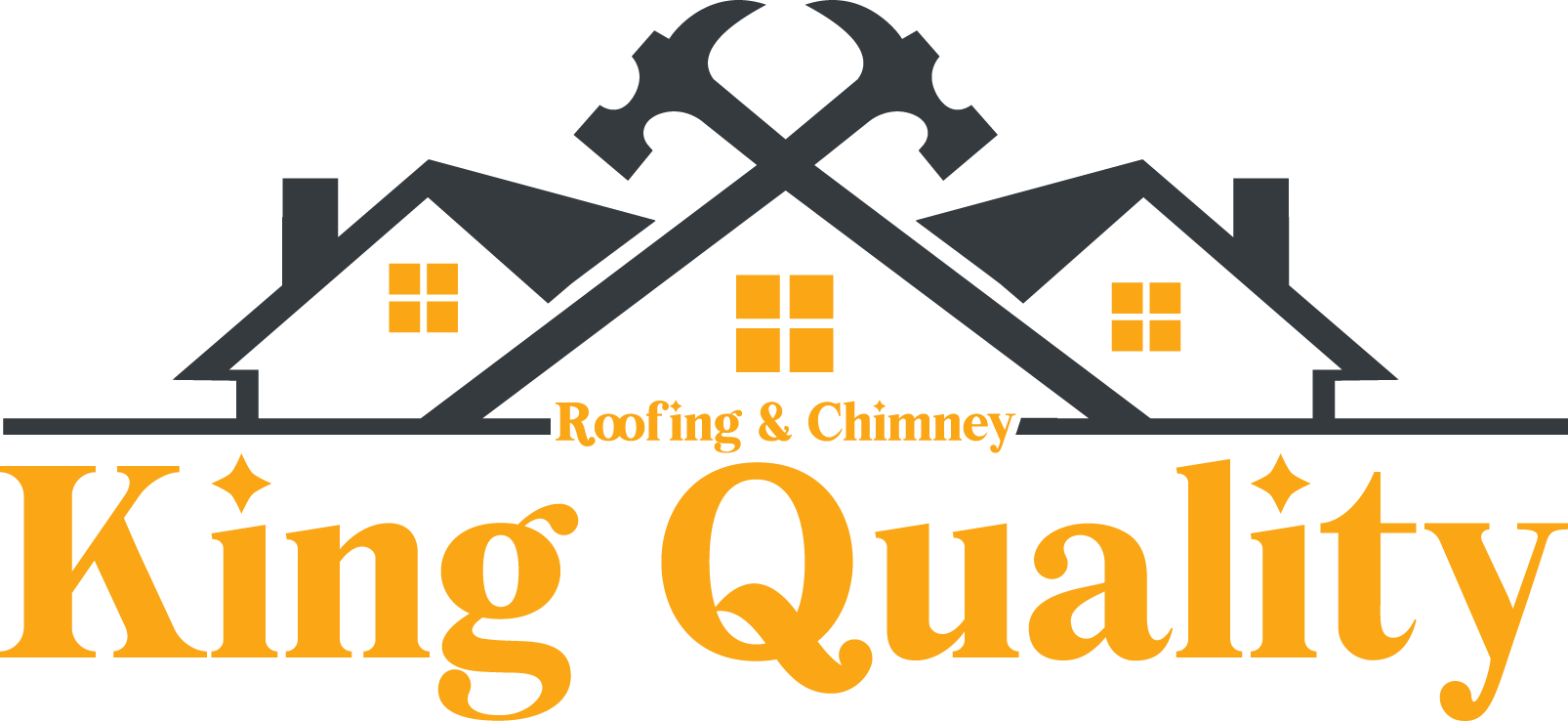If you have a chimney in your home, it’s important to prioritize its maintenance to ensure it’s functioning properly and safely. A chimney can be a valuable asset to your home, providing warmth and ambiance during the cold winter months. However, neglecting to maintain it can lead to serious issues such as fire hazards and carbon monoxide poisoning. In this post, we’ll discuss the importance of chimney maintenance and what steps you can take to ensure your chimney stays in good condition.
Why Chimney Maintenance Matters
A chimney is designed to provide a safe passage for smoke and other byproducts of combustion to escape your home. However, over time, a variety of factors can cause the chimney to become obstructed or damaged. These include:
- Creosote buildup: Creosote is a highly flammable substance that can accumulate in the chimney from burning wood or other fuels. If not properly cleaned, it can lead to a chimney fire.
- Debris and blockages: Animals, leaves, and other debris can accumulate in the chimney and obstruct airflow, leading to poor ventilation and potentially dangerous buildup of carbon monoxide.
- Damage to the chimney structure: Exposure to the elements can cause the chimney to deteriorate over time, leading to cracks or other structural issues.
Regular chimney maintenance is crucial for several reasons, including:
- Preventing chimney fires: Regular cleaning of creosote buildup can reduce the risk of chimney fires.
- Ensuring proper ventilation: Blockages or obstructions in the chimney can lead to poor ventilation, which can cause smoke and other dangerous gases to enter your home.
- Maintaining energy efficiency: A damaged or obstructed chimney can cause heat to escape in the winter and enter in the summer, leading to higher energy bills.
Steps for Chimney Maintenance
While it’s always recommended to hire a professional chimney sweep for annual inspections and maintenance, there are also several steps you can take on your own to ensure your chimney stays in good condition. These include:
- Regularly cleaning the fireplace and chimney: Removing ashes and debris from the fireplace and chimney can help prevent blockages and creosote buildup.
- Inspecting the chimney for damage: Look for cracks, missing bricks, or other signs of damage that may require professional repairs.
- Installing a chimney cap: A chimney cap can prevent animals, debris, and rainwater from entering the chimney and causing damage.
- Using the proper fuel: Make sure to use only dry, seasoned wood or other approved fuels to minimize creosote buildup.
Conclusion
Regular chimney maintenance is essential for the safety and efficiency of your home. By taking the necessary steps to keep your chimney in good condition, you can prevent fire hazards, maintain proper ventilation, and save on energy bills. Whether you do it yourself or hire a professional, make sure to prioritize chimney maintenance to keep your home safe and comfortable year-round.

No Comments